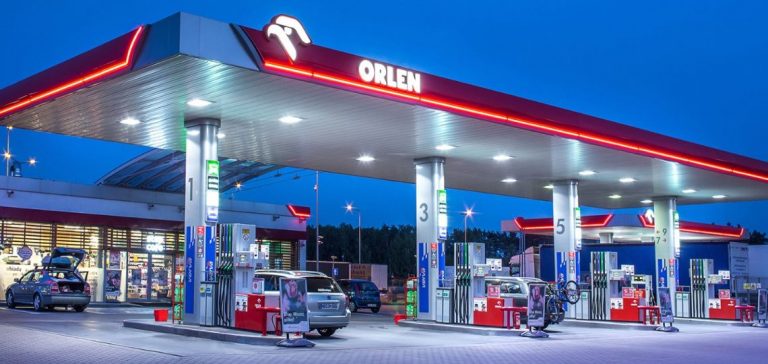Orlen, a state-controlled Polish energy company, is currently navigating a complex situation regarding its flagship Olefins III project. This project has been plagued by cost overruns, operational inefficiencies, and governance issues. Initially projected to cost 8.3 billion zlotys ($2.11 billion), the revised estimates have ballooned to 25 billion zlotys ($6.35 billion). This nearly 200% increase from the initial budget severely impacts the project’s profitability and strategic viability(Financial Times).
Governance Issues and Legal Repercussions
The current leadership at Orlen has initiated over 50 audits targeting the actions of its previous executives, while more investigations are ongoing. Some of these audits have revealed irregularities, such as a loss of 1.6 billion zlotys related to Orlen Trading Switzerland (OTS) prepayments for Venezuelan oil. Additionally, the misuse of “mandatory reserves” to stabilize fuel prices before the recent elections resulted in a further loss of 3.5 billion zlotys(Financial Times). These findings not only underscore governance failures but also expose Orlen to potential legal liabilities, which could further damage its reputation and investor confidence.
Strategic Implications for Orlen
The Olefins III project is part of Orlen’s broader push into petrochemicals, aimed at diversifying away from its traditional oil refining business. However, the massive budget overrun has led to a scale-back of the project’s initial scope and expected efficiency. This jeopardizes Orlen’s ability to capitalize on higher-value petrochemical products, a segment seen as key to its long-term strategic growth. The company’s shares are currently trading at 55.98 zlotys, a 2.98% decrease from the previous session, indicating cautious investor sentiment amidst these ongoing uncertainties(Financial Times).
Comparison with Competitors
Compared to peers such as OMV AG and Neste Oyj, Orlen’s profit margins and financial stability are under pressure. For example, while Orlen’s price-to-earnings ratio (P/E) is relatively low at 6.59, this is largely due to concerns over project execution and cost management(Financial Times). Additionally, international competitors are aggressively pushing into green and high-margin sectors, which could further erode Orlen’s competitive positioning if it fails to streamline its operations and control its project costs.
Strategic Recommendations for Orlen
Orlen should conduct a comprehensive reassessment of the Olefins III project, focusing on identifying and eliminating non-essential components to bring costs under control. It would also be pertinent to consider strategic partnerships or even partial divestment if necessary to stabilize finances.
Addressing the root causes of the governance failures identified during the audits is crucial. Implementing stricter oversight and compliance frameworks would mitigate the risk of future irregularities.
With investor confidence waning, Orlen needs to proactively communicate its strategy for addressing these challenges and restoring profitability. Clear timelines, cost-cutting measures, and operational milestones should be shared transparently.
The challenges facing Orlen’s Olefins III project illustrate the complex interplay between management oversight, financial discipline, and strategic execution in large-scale energy projects. If not managed correctly, these issues could compromise Orlen’s ability to compete effectively in the evolving European petrochemical market(Financial Times).






















